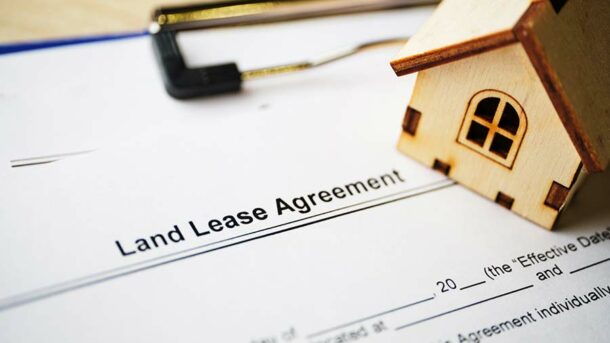Property leasing is a popular practice in Thailand, with many people choosing to lease property for both residential and commercial purposes. Whether you are looking for a temporary home or office space, there are different types of property leases available to suit your needs.
Types of Property Leases in Thailand
In Thailand, there are two main types of property leases: short-term leases and long-term leases. Short-term leases are typically for a period of fewer than three years and are often used for holiday rentals or temporary housing. Long-term leases, on the other hand, can be for up to 30 years or more and are commonly used for commercial properties, such as offices or shops, or for long-term residential rentals.
Legal Requirements for Leasing Property in Thailand
Leasing property in Thailand is subject to a number of legal requirements, including the following:
- Written Contract: All property leases must be in writing and signed by both the landlord and the tenant. The contract must include the terms of the lease, such as the rental rate, the duration of the lease, and the obligations of the landlord and the tenant.
- Security Deposit: It is common for landlords in Thailand to require a security deposit from tenants, usually equal to one or two months’ rent. This deposit is intended to cover any damages or unpaid rent at the end of the lease.
- Landlord Registration: Landlords who lease property in Thailand must register with the local Land Office. This registration is required by law and must be renewed annually.
- Property Taxes: Landlords are responsible for paying property taxes on the leased property, but may pass these costs on to the tenant through the lease agreement.
Negotiating a Lease Agreement in Thailand
When negotiating a lease agreement in Thailand, it is important to keep the following tips in mind:
- Understand the Local Market: Before entering into a lease agreement, it is important to research the local rental market to ensure that the rental rate is fair and reasonable. This can be done by comparing the rental rates of similar properties in the area.
- Clarify All Terms and Conditions: All terms and conditions of the lease agreement should be clearly stated in writing, including the rental rate, the duration of the lease, and the obligations of the landlord and the tenant.
- Review the Contract Carefully: Before signing the lease agreement, it is important to review the contract carefully to ensure that all terms and conditions are acceptable. If there are any concerns or questions, they should be addressed before signing the agreement.
- Seek Legal Advice: It is always a good idea to seek legal advice before signing a lease agreement, especially if the agreement is for a long-term lease. A lawyer can review the contract and ensure that all legal requirements have been met.
Leasehold and Freehold Property in Thailand
In Thailand, there are two main types of property ownership: leasehold and freehold. Leasehold property is owned by the lessee for the duration of the lease, while freehold property is owned outright by the owner. Freehold property ownership is limited to Thai citizens and companies with majority Thai ownership, while leasehold property is available to foreigners.
Under Thai law, foreigners are not allowed to own land outright, but they are allowed to lease land for a period of up to 30 years. However, some areas of Thailand have been designated as Special Economic Zones, where foreigners are allowed to own land outright under certain conditions.
When leasing property in Thailand, it is important to understand the difference between leasehold and freehold property and to ensure that you are entering into a lease agreement that is legally binding and meets all the requirements of Thai law.
Conclusion
Property leasing is a common practice in Thailand, with many people choosing to lease property for both residential and commercial purposes. Whether you are looking for a short-term or long-term lease, it is important to understand the legal requirements for leasing property in Thailand and to negotiate a lease agreement that is fair and meets all of your needs.

No Comments, Be The First!